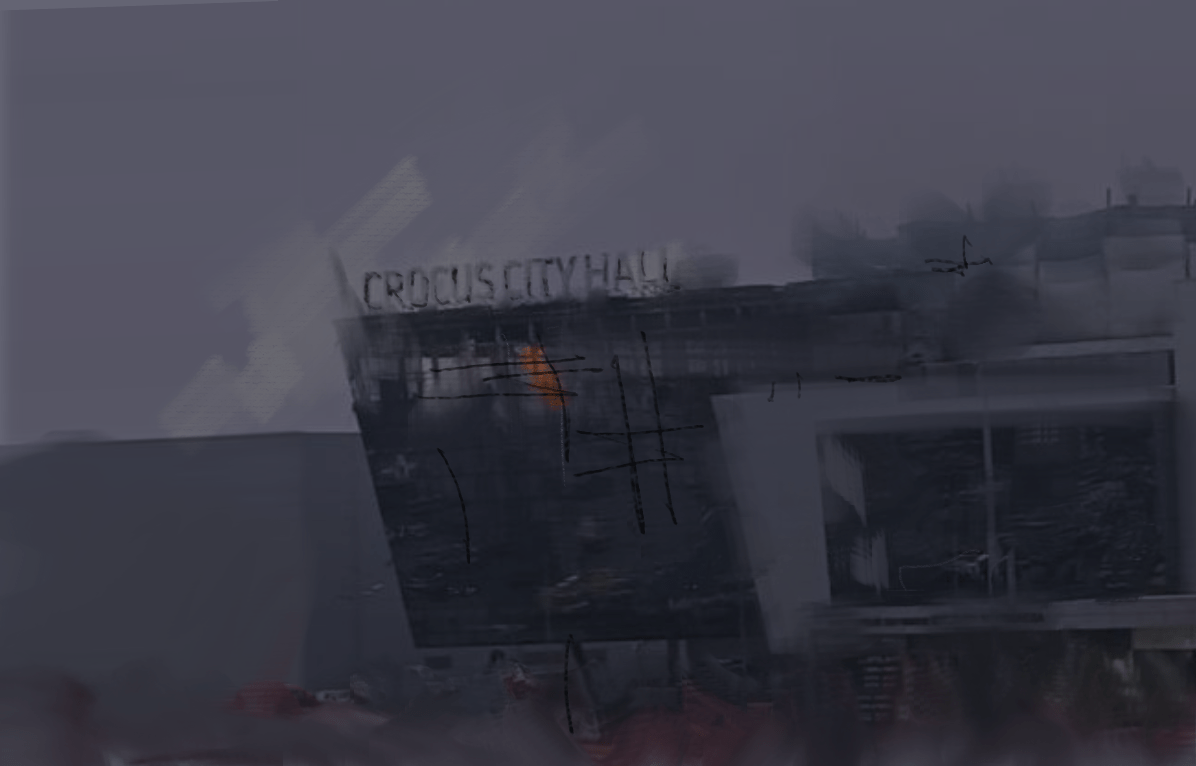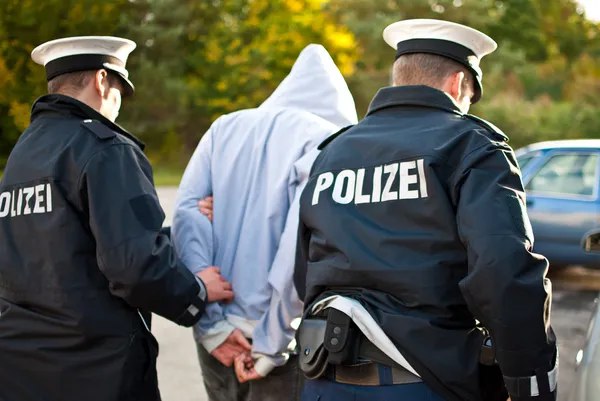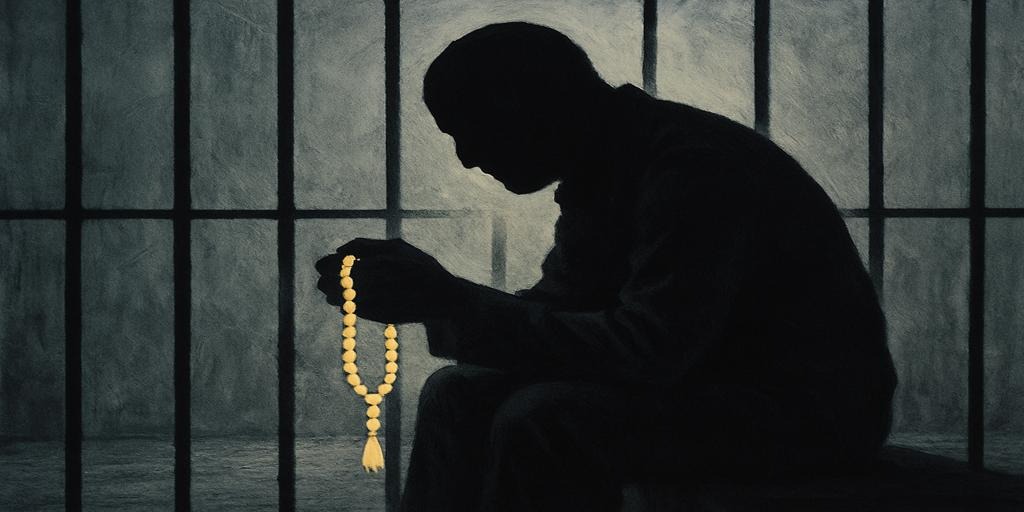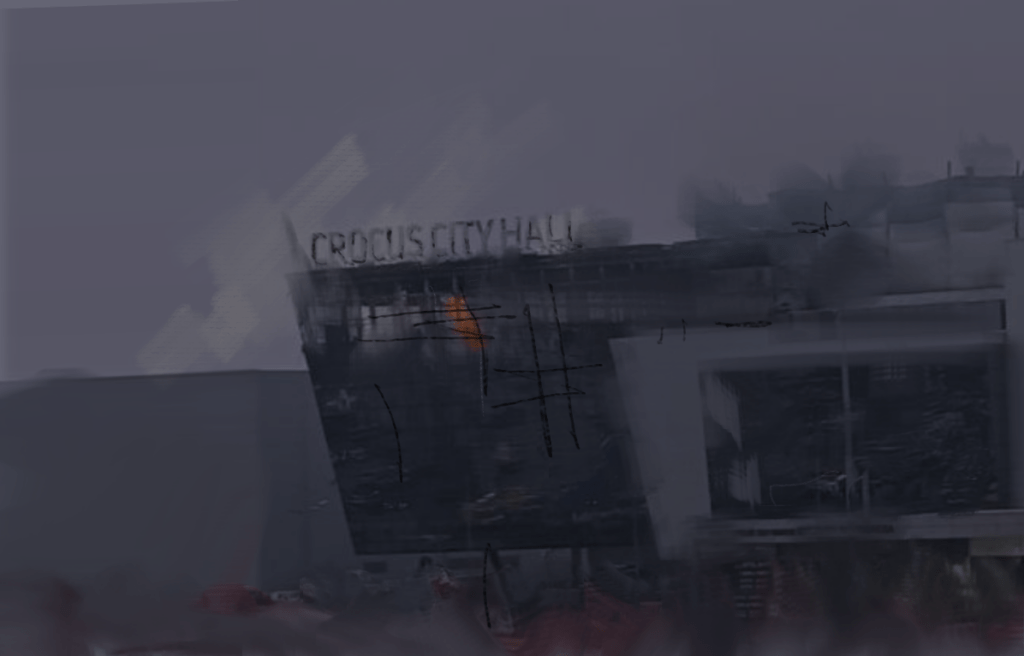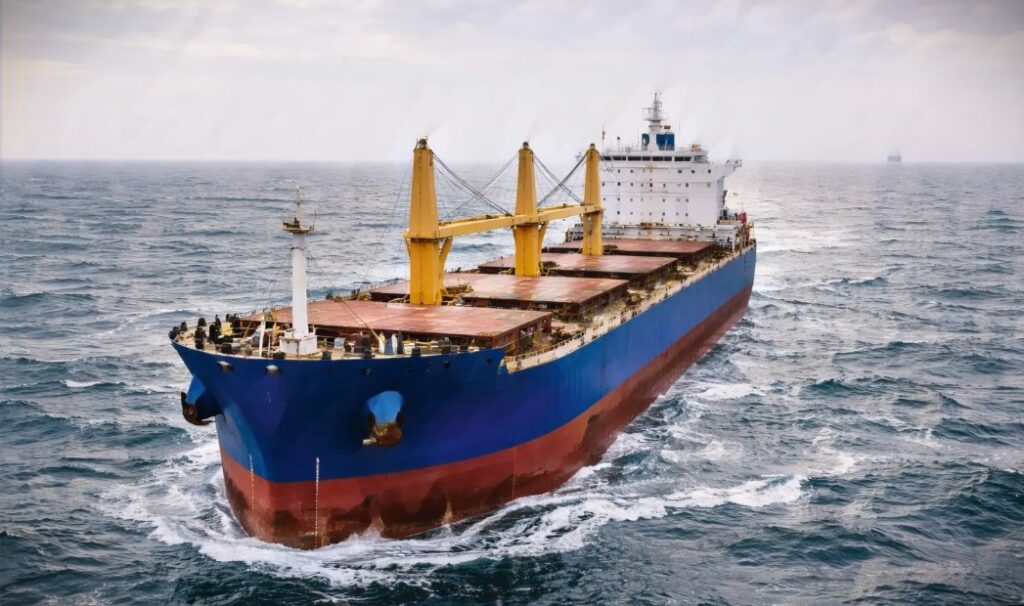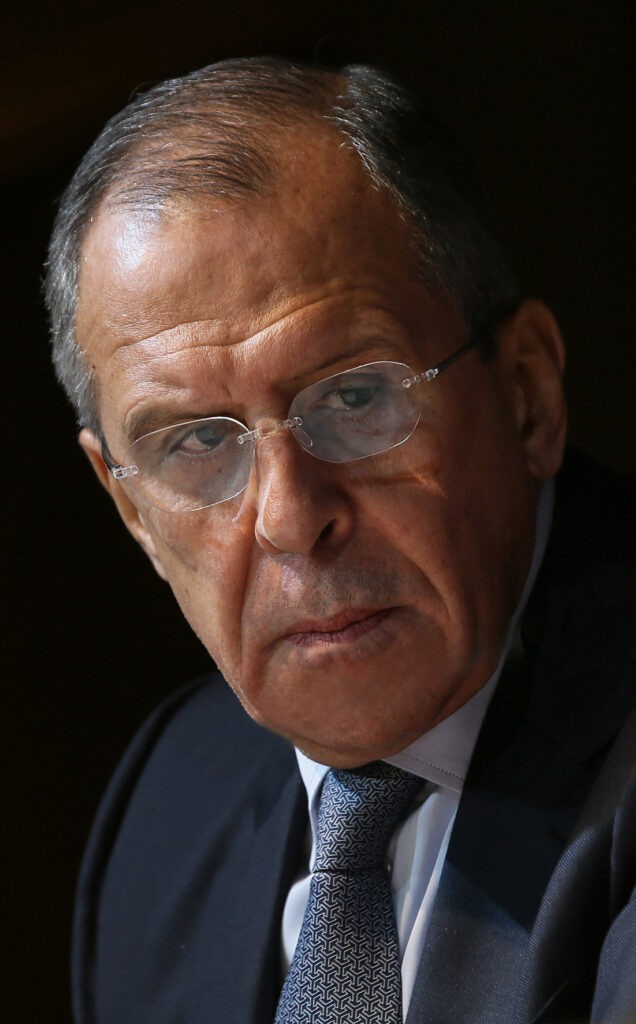Tajikistan is warning against “fake information” about the alleged role of Tajik citizens in the attack that killed more than 100 people at a concert venue in Moscow.
Tajikistan’s foreign ministry said on Saturday that it had not received confirmation from Russian authorities about any involvement of Tajiks in the attack at the Crocus City complex. The ministry asked media to rely on “official information” distributed by Russian authorities.
The Afghanistan branch of the Islamic State group (ISKP) claimed responsibility for the mass shooting on Friday night. Telegram and other social media platforms are swirling with allegations that Tajik citizens were involved. Large numbers of Tajik migrants live in Russia, many enduring difficult conditions in hostels while struggling to find work.
“We emphasize that the Tajik side has not received any confirmation from the Russian authorities regarding the currently circulating fake information about the involvement of citizens of Tajikistan,” the ministry said in a statement.
“Keep in mind that the dissemination of unverified and unreliable information could harm the citizens of Tajikistan currently abroad,” the ministry said.
Russia said it has arrested 11 suspects and that an investigation is ongoing.
Tajikistan was among several Central Asian states that condemned the attack and sent condolences to relatives and friends of the dead.
President Kassym-Jomart Tokayev of Kazakhstan spoke by telephone to Russian President Vladimir Putin on Saturday, Kazakhstan’s presidential press office said.
“The head of our state strongly condemned the brutal act of violence against civilians and reaffirmed solidarity with Russia in the fight against terrorism,” the press office said.
Kazakhstan has offered the help of its law enforcement agencies to Russia if needed and Uzbekistan’s presidential office said those responsible for the attack “will be assured of the inevitability of punishment.”
Several bouquets of flowers were laid outside the Russian embassy in Astana, Kazakhstan.
Video recorded by witnesses at the Moscow venue showed several gunmen roaming the atrium and other parts of the entertainment complex, opening fire on civilians. A large blaze also broke out at the building during the attack and was later extinguished.
On Feb. 27, Russian Defense Minister Sergei Shoigu spoke of threats coming from extremists in Afghanistan and prioritized “ensuring military security in the Central Asian strategic area.”
Shoigu said the number of ISKP militants in Afghanistan had increased by 15% in the past year. He said their key objectives were to spread radical ideology and to conduct subversive activities on the southern borders of the Collective Security Treaty Organization.
The organization, CSTO, is a Russian-led security alliance that includes Belarus, Kazakhstan, Kyrgyzstan, and Tajikistan.
“Radicals from Central Asia have accounted for a notable share of recent Islamic State-inspired or -directed plots and attacks in the United States, Europe, Turkey, and Iran,” Lucas Webber and Riccardo Valle wrote in a Hudson Institute analysis last year.
In September 2022, ISKP – which vehemently opposes Russia’s support for the regime of Bashar al-Assad in Syria – claimed responsibility for a suicide bombing at the Russian embassy in Kabul which left six dead.
Despite repeatedly warnings from foreign sources – including the U.S. – that an attack was imminent, survivors have apparently reported that the guards did not check bags and clothes before entering the arena, metal detectors were turned off, and automatic fire extinguishers failed to function.
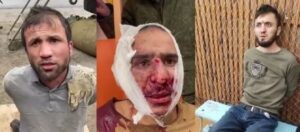
Three of the alleged attackers; photo: rian_ru
